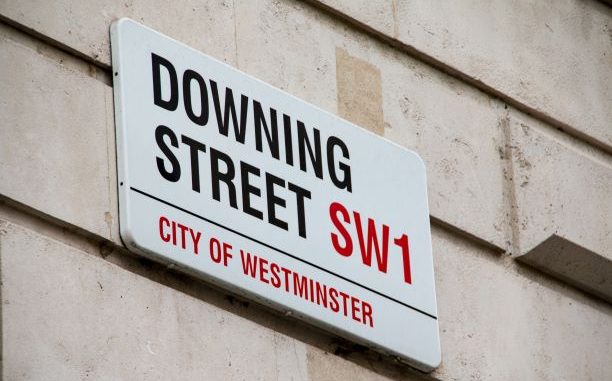
The financial health of a country is often a huge factor that helps swing UK elections, with the Prime Minister appointing a Chancellor of the Exchequer to manage the nation’s money and make the decisions that the party in power hopes will underpin economic growth, create jobs and rally support.
That theory rings true today more than ever, with Britain’s position in a global marketplace changing before our eyes. It’s now four years since the nation’s citizens voted to leave the European Union, and attention since then has turned to negotiating an exit that leaves the UK on sound economic footing.
Prime Minister Boris Johnson built his election campaign in December around his pledge that he had an “oven-ready” deal prepared that would see the nation not only complete its withdrawal from the EU, but also gain an advantageous position in world trade.
Faced by Jeremy Corbyn, Johnson’s campaigning was supremely effective and the Conservatives held onto power in emphatic fashion with a 162 seat majority over Labour. But, following the appointment of Keir Starmer as the new leader of the opposition, new political odds of 2/1 suggest that Labour could pose a much bigger threat in the next election, whenever that may be.
In this article, we will analyse the battle for popularity and explore why the economy will remain a key battleground ahead of the country’s next general election.
Traditional values
The departure of the Labour party from its traditional socialist principles during the mid to late nineties changed the face of modern British politics. Upon his election as leader of the party in 1994, Tony Blair set about moving the party further to the centre of the political spectrum.
Labour had traditionally stood for high investment in the public sector, the nationalisation of the commanding heights of industry, such as railways, energy and telecoms, and a general belief system that didn’t always put the health of the economy at the top of its agenda.
Traditional Conservatism, on the other hand, very much placed the economy front-of-mind, with an emphasis on turning national industries over to private operators and taking the financial burden away from the taxpayer.
Under Margaret Thatcher in the 1980s, tax relief was forthcoming for big businesses and the Conservatives held onto power for a full 18 years, with John Major succeeding Thatcher and keeping Labour out of 10 Downing Street through until 1997.
From a betting perspective, Labour never really had a sniff during that period, with their traditional policies being perceived as old-fashioned and even dangerous by the mainstream media. But Blair’s ‘New Labour’ revolution brought the race back to life, with perceptions around the opposition’s economic management capabilities starting to shift.
#OTD 1997. Eve of General Election.
Tony Blair speaks at a final rally in Stockton-on-Tees:
‘This is not a landslide country. Between now and when the polls close we will strive for every vote in every corner of the country’
Polls point to a 20pt Labour lead pic.twitter.com/boegADViJZ
— Tides of History (@labour_history) April 30, 2020
Back to the old school
Blair was succeeded in power by Gordon Brown, but Brown would lose out to David Cameron in 2010. Brown was succeeded by Ed Miliband as Labour battled to prevent the Conservatives from building another empire at Number 10.
But Labour’s economic policies failed to captivate the general public and a change was needed. That change would come in the shape of Corbyn, who set about restoring many of the socialistic ideals long since abandoned by the Labour Party under Blair.
Corbyn appeared to have all the momentum, and bookies predicted a close race last December, but ultimately it would be Boris, with his “oven-ready” Brexit deal and economic plan that would lead to a landslide victory.
Now, with Starmer in the hot seat, Labour appear ready to head back closer to the centre, where they will aim to reassure a nation that the economy is safe hands with its traditional left-wing occupying the cabinet.
The Conservatives’ serial incompetence is holding Britain back.#PMQs pic.twitter.com/yBN5SkqyYU
— Keir Starmer (@Keir_Starmer) September 2, 2020
And, with Johnson’s policy-making proving divisive since his election in December, the race ahead will undoubtedly be fascinating as Starmer aims to follow in Blair’s footsteps – a full 23 years after he took power. It’s likely that economic policy will once again play a key part in the debate.